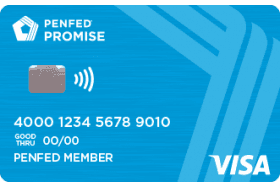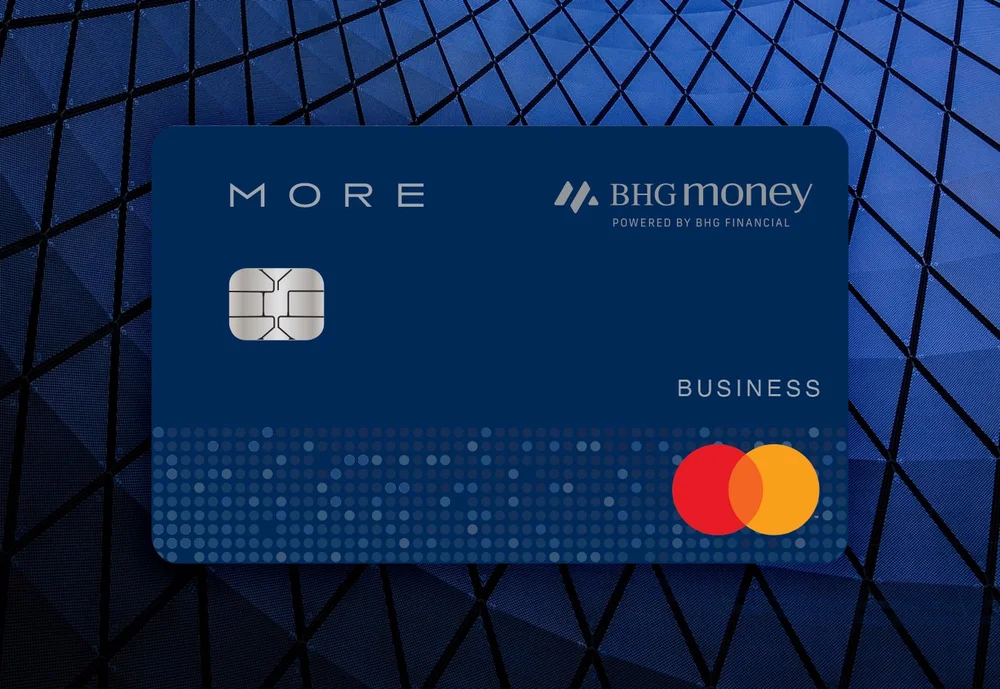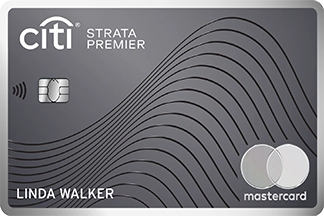- myFICO® Forums
- FICO Scoring and Other Credit Topics
- Understanding FICO® Scoring
- Re: AZEO Clarification
- Subscribe to RSS Feed
- Mark Topic as New
- Mark Topic as Read
- Float this Topic for Current User
- Bookmark
- Subscribe
- Mute
- Printer Friendly Page
AZEO Clarification
Is your credit card giving you the perks you want?
Browse credit cards from a variety of issuers to see if there's a better card for you.
- Mark as New
- Bookmark
- Subscribe
- Mute
- Subscribe to RSS Feed
- Permalink
- Report Inappropriate Content
AZEO Clarification
As you can see from my siggy, I only have 2 bank cards and 2 store cards. Discover, Cap1, and Fingerhut are paid in full with Overstock reporting a small balance. Does it make a difference (score wise) if the card reporting a balance is a retail card or a bank card? Also, what role, if any does my secured installement loan play in all this? I'm looking to get the most bang for my buck.
Many thanks!
- Mark as New
- Bookmark
- Subscribe
- Mute
- Subscribe to RSS Feed
- Permalink
- Report Inappropriate Content
Re: AZEO Clarification
@Anonymous wrote:As you can see from my siggy, I only have 2 bank cards and 2 store cards. Discover, Cap1, and Fingerhut are paid in full with Overstock reporting a small balance. Does it make a difference (score wise) if the card reporting a balance is a retail card or a bank card? Also, what role, if any does my secured installement loan play in all this? I'm looking to get the most bang for my buck.
Many thanks!
1. No it doesn't matter which card reports the small balance.
2. The secured installment loan plays no role in "all of this" but is in a separate scoring category. If it's your only installment loan, in FICO 8 it (a) gives you points for "credit mix", (b) gives you the most points when you're at 9% or less but above zero, and (c) costs you points when it's paid down to zero. The effect on other FICO scoring models is less clear. In my experience I was able to observe it apparently reacting similarly, but in a much more muted way, in my TU FICO 4 mortgage score, but not at all in my EX FICO 2 mortgage score. Others have observed the opposite.































Total revolving limits 568220 (504020 reporting) FICO 8: EQ 689 TU 691 EX 682
- Mark as New
- Bookmark
- Subscribe
- Mute
- Subscribe to RSS Feed
- Permalink
- Report Inappropriate Content
Re: AZEO Clarification
@Anonymous wrote:As you can see from my siggy, I only have 2 bank cards and 2 store cards. Discover, Cap1, and Fingerhut are paid in full with Overstock reporting a small balance. Does it make a difference (score wise) if the card reporting a balance is a retail card or a bank card? Also, what role, if any does my secured installement loan play in all this? I'm looking to get the most bang for my buck.
Many thanks!
I think you mean that the Discover, Cap1, and FH report $0. Is that right?
Just as an FYI, cards can be PIF (Paid In Full) each month while also reporting large balances. To PIF is shorthand for Pay [the balance listed on the statement] In Full. I.e. the statement produces a positive balance, and then you pay that amount (whatever it is) in full during the next 25 days.
- Mark as New
- Bookmark
- Subscribe
- Mute
- Subscribe to RSS Feed
- Permalink
- Report Inappropriate Content
Re: AZEO Clarification
Yeah adding to what CGID said, what you want is to PTZ (pay to zero) the non-AZEO cards BEFORE the statement cut date so that the statement shows a big fat 0, and only report a small balance (<8.9% of limit) on your lone AZEO card.







Closed:

6/8/20:




- Mark as New
- Bookmark
- Subscribe
- Mute
- Subscribe to RSS Feed
- Permalink
- Report Inappropriate Content
Re: AZEO Clarification
@Anonymous wrote:Does it make a difference (score wise) if the card reporting a balance is a retail card or a bank card?
It's possible that it may make a difference, but there isn't enough evidence to say it's probable. A couple of us have reported slight dings (like four points) when a retail card reports the small balance rather than a major card. The ding would be small enough that you can feel safe testing a retail card vs. a major card to see if it applies to your profile. (Please report back if you choose test. ![]() )
)
- Mark as New
- Bookmark
- Subscribe
- Mute
- Subscribe to RSS Feed
- Permalink
- Report Inappropriate Content
Re: AZEO Clarification
- Mark as New
- Bookmark
- Subscribe
- Mute
- Subscribe to RSS Feed
- Permalink
- Report Inappropriate Content
Re: AZEO Clarification
@Anonymous wrote:
Is having a paid off installment loan (but no open loans) a net benefit to scoring compared to someone with no loans, closed or open?
I added a little bit of language to your question, just for clarity. (Tell me if that is not what you mean.)
I am pretty sure that you do get a benefit, in this case to your Credit Mix portion of the score.
Where you do not get a benefit is from the "installment utilization" factor which belongs to the much larger Amounts Owed portion of the score. That's why a mostly (but not entirely) paid off loan helps your score a good deal more than have only closed loans.
Installment utilization is weighed about 25-40 points in FICO 8. In at least one of the mortgage scores, it doesn't count at all.
A great test that would answer your question for sure is if someone had exactly one closed loan on his reports and no open loans, and his closed loan was about to fall off. Further, when it did fall off, it would be important for neither the AAoA nor Age of Oldest Account to change much. If we had all that, then it would be instructive to see what happened when it fell off. If the person's score dropped a decent amount, we could conclude that the scoring model counted the closed loan in Credit Mix.
- Mark as New
- Bookmark
- Subscribe
- Mute
- Subscribe to RSS Feed
- Permalink
- Report Inappropriate Content
Re: AZEO Clarification
- Mark as New
- Bookmark
- Subscribe
- Mute
- Subscribe to RSS Feed
- Permalink
- Report Inappropriate Content
Re: AZEO Clarification
If you have no open loans you may want to consider the Share Secured Loan Technique.